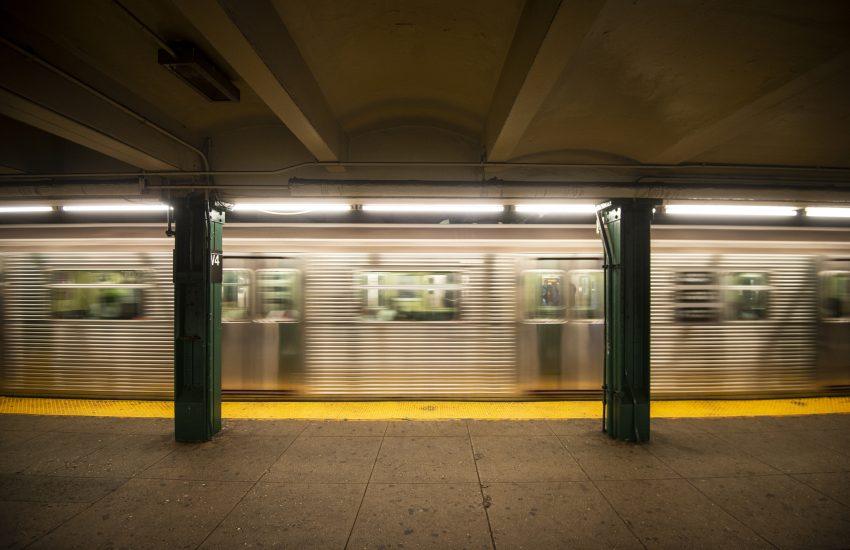No one can dispute that the New York subway system, operated by the Metropolitan Transportation Authority, was a marvel of 20th century engineering. With a total of about 850 miles of track, more than 450 stations in operation, and moving around 6 million people per day, it is no wonder it remains the busiest mass-transit system in the western world. Then again, no one would confuse the MTA for its worldly counterparts in, say, London or Japan, where state-of-the-art train cars are run on new tracks at 80-percent efficiency and above. The MTA has a signal system that dates back to the 1930’s and 40’s, with cars in use that were built in the 60’s, and often vacillated in performance between 40- and 70 percent between 2010 and 2020.
In order to ‘get with the program,’ one of the initiatives that New York has been vetting for literally decades has been “congestion pricing,” or the practice of charging cars a ‘premium’ to enter Manhattan’s strangled, snarling traffic below 60th Street (south of Central Park). The idea being that this ‘tax’ would have a two-fold benefit: it would reduce, even if marginally, the number of cars entering lower Manhattan, and it would generate literally billions of dollars with which the MTA could finally update and upgrade the subway system. New York’s subway system has been in such desperate need of massive overhaul(s) over the past few years that it even seemed the political will had finally paved the way. New York passed a law to implement CP in 2019, and in June of 2023, the Federal Highway Administration (FHWA) signed off on the law.
This past Friday, New Jersey sued FHWA to stop it.
In pleadings filed on July 24, attorneys for New Jersey argue that the FHWA, in approving New York’s plan, violated the National Environmental Protection Act, which requires a full environmental impact review for efforts of this projected impact and scope, as well as the Clean Air Act. New Jersey Gov. Phil Murphy further opined that New York’s actions amount to an attempt to fix “a broken MTA … on the backs of New Jersey commuters.” Gov. Murphy further argued that New York’s congestion pricing will have an inverse effect on New Jersey’s environment, for all of the re-routing drivers will have to do, to either account for, or avoid the new costs. While increasing the tension in the always-dicey relationship between New York and New Jersey, most observers anticipate that the CP initiative will not be stopped by the NJ suit, and these are just necessary ‘growing pains’ as large cities like New York try to claw their way into the 21st century.

